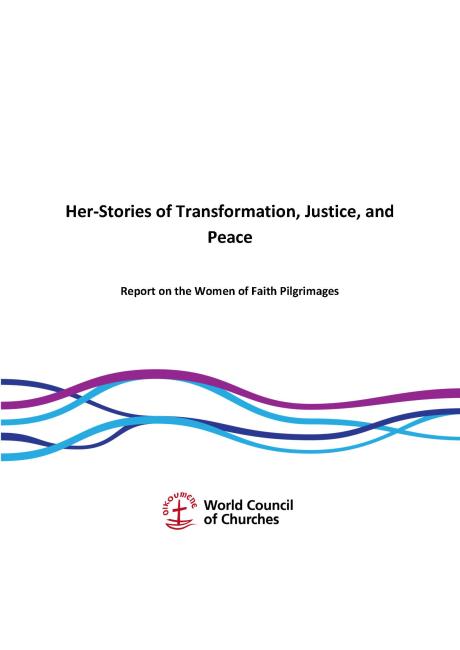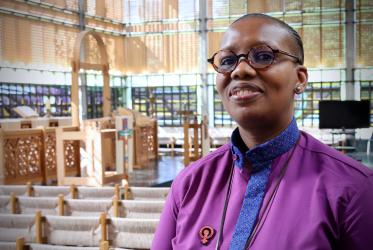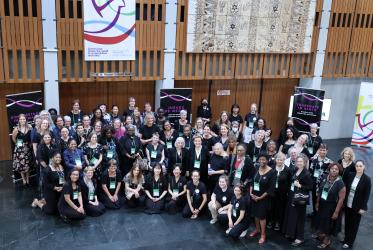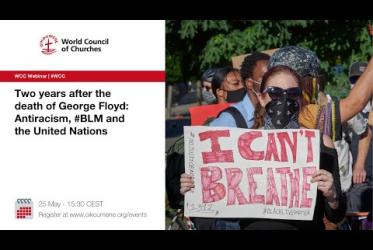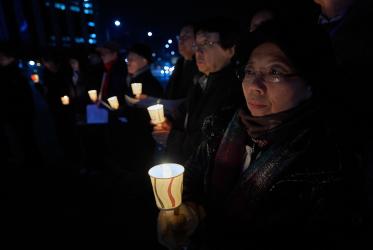Displaying 101 - 120 of 244
Report on the Women of Faith Pilgrimages
11 July 2022
Called to Transformation - Ecumenical Diakonia
09 June 2022
